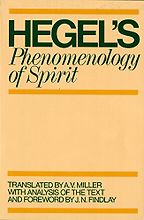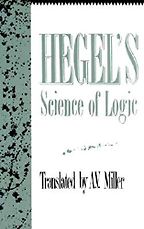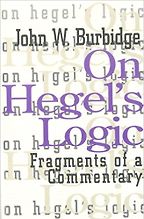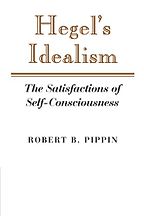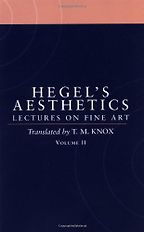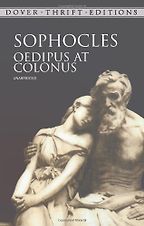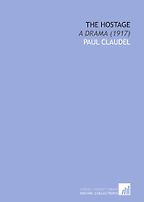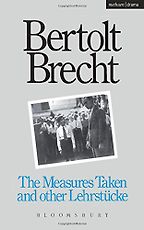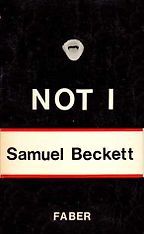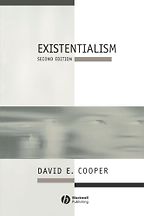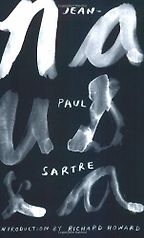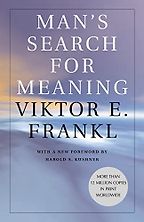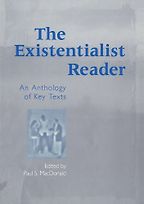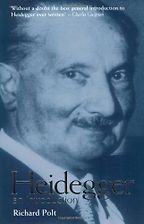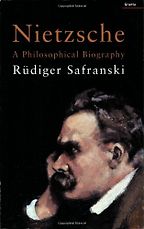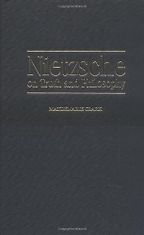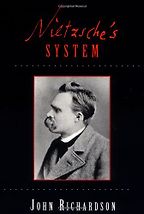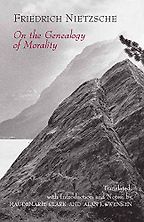Continental Philosophy
Last updated: February 06, 2026
-

1
Phenomenology of Spirit
by A. V. Miller & G. W. F. Hegel -

2
Science of Logic
by A. V. Miller & G. W. F. Hegel -

3
On Hegel's Logic
by John Burbidge -

4
Hegel's Idealism: The Satisfactions of Self-Consciousness
by Robert B. Pippin -

5
Aesthetics: Lectures on Fine Art Vol. II
by G. W. F. Hegel & transl. Tom Knox
The Best Hegel Books, recommended by Stephen Houlgate
The Best Hegel Books, recommended by Stephen Houlgate
G W F Hegel is one of the most divisive figures in western philosophy. He influenced Marx, Kierkegaard, Nietzsche, Sartre, Adorno and countless others. And yet, he is seen as perhaps the most obscure and inaccessible philosopher to read. Is he worth engaging with? How should we read him? Stephen Houlgate, a philosopher at Warwick University, gives us an in-depth look at Hegel.
Slavoj Žižek on His Favourite Plays
The philosopher and cultural critic recently made a foray into drama when he reworked Sophocle’s Antigone—not out of admiration for the original, but to examine the “stupid and morally problematic” character at its heart. Here he selects five plays he admires—but declines to see performed.
The best books on Existentialism, recommended by Sarah Bakewell
Existentialist philosophy isn’t about bringing despair and angst into our lives, it’s about discovering our inner freedom, explains Sarah Bakewell, the author of At the Existentialist Café: Freedom, Being, and Apricot Cocktails. She recommends books to learn more about existentialism.
-

1
Nietzsche: A Philosophical Biography
by Rüdiger Safranski & translator Shelley Frisch -

2
Nietzsche on Truth and Philosophy
by Maudemarie Clark -

3
Nietzsche’s System
by John Richardson -
4
Beyond Good and Evil
by Friedrich Nietzsche & Walter Kaufmann (translator) -

5
On the Genealogy of Morality
by Friedrich Nietzsche, introduction and notes by Maudemarie Clark & Alan Swensen
The Best Nietzsche Books, recommended by Brian Leiter
The Best Nietzsche Books, recommended by Brian Leiter
Relativist, atheist, existentialist, Nazi. All have been said of German philosopher Friedrich Nietzsche, some with more reason than others. We asked Nietzsche expert Brian Leiter to explain the appeal of the controversial philosopher and recommend books to get started with to understand him and his work.
